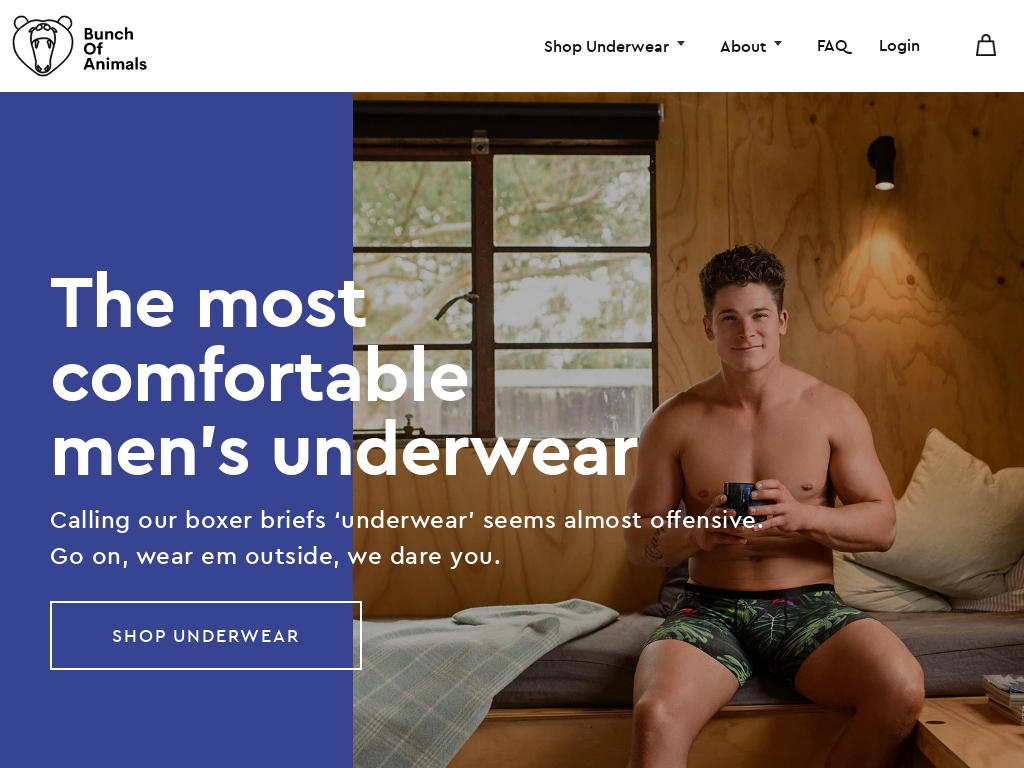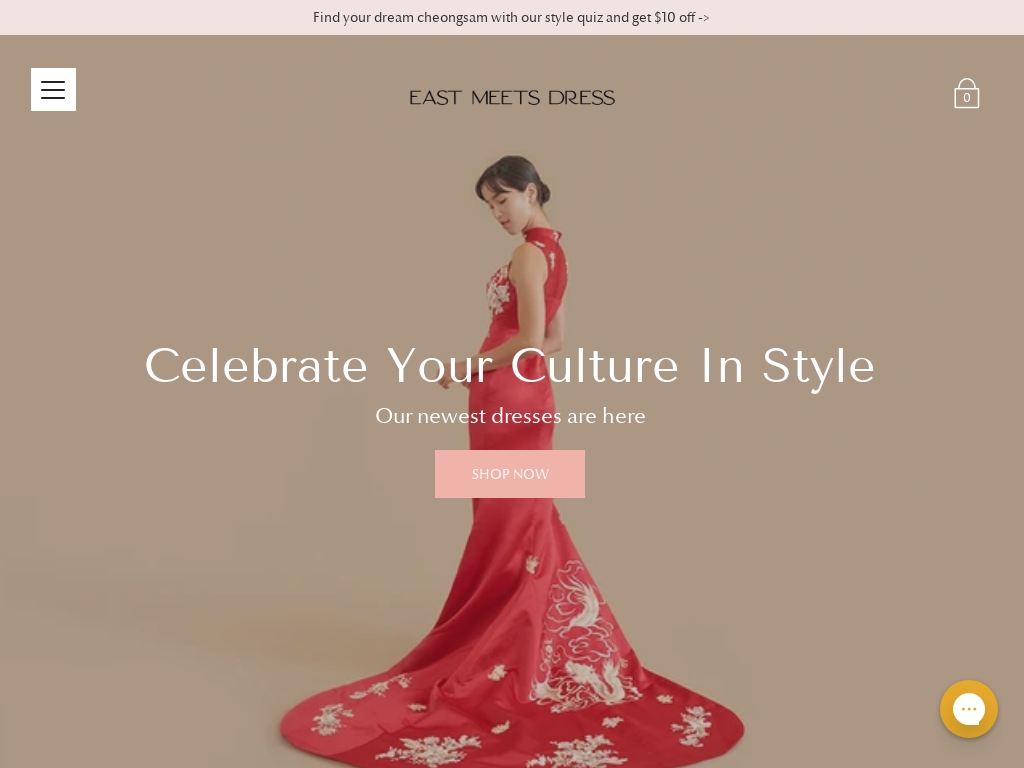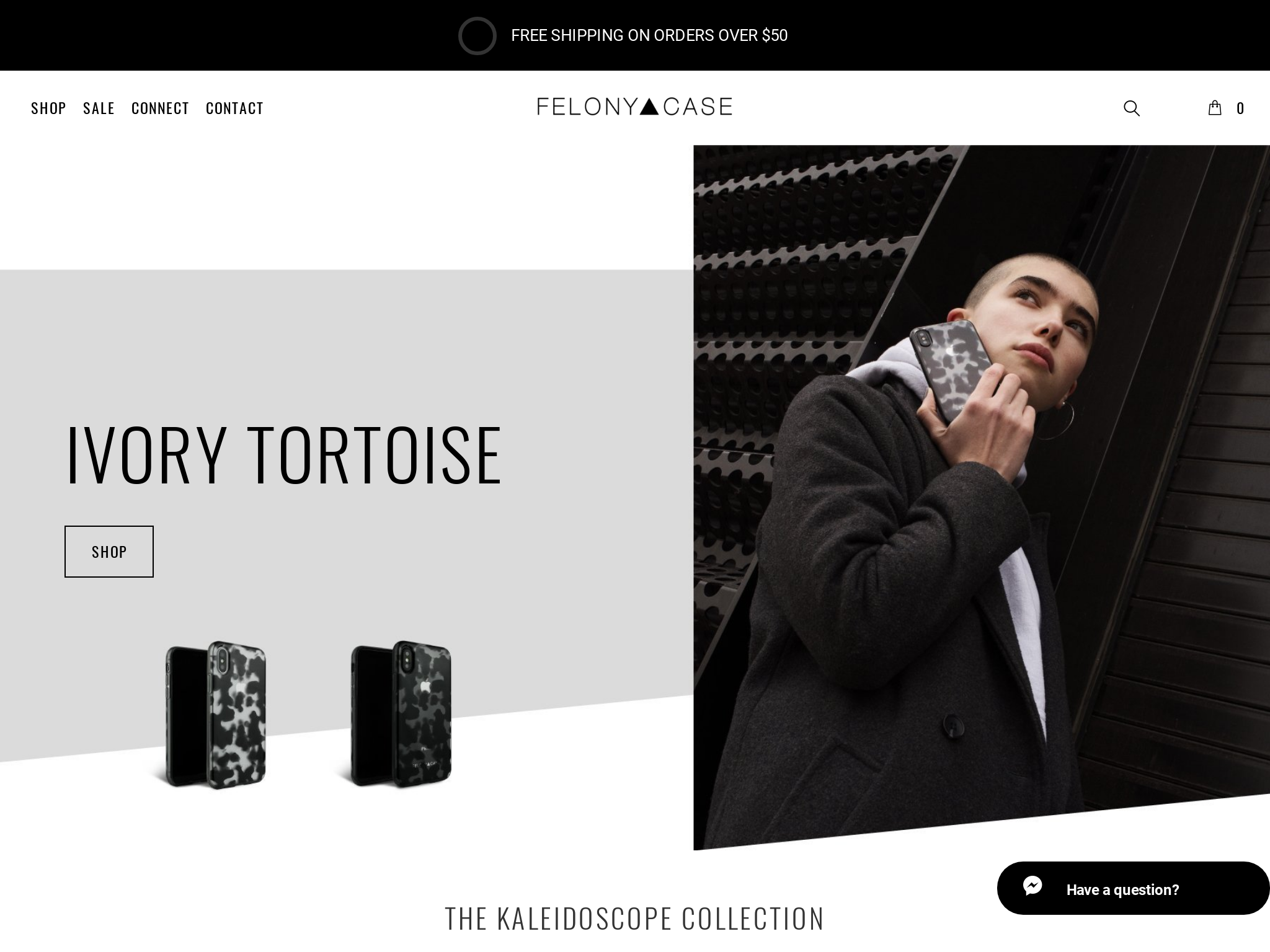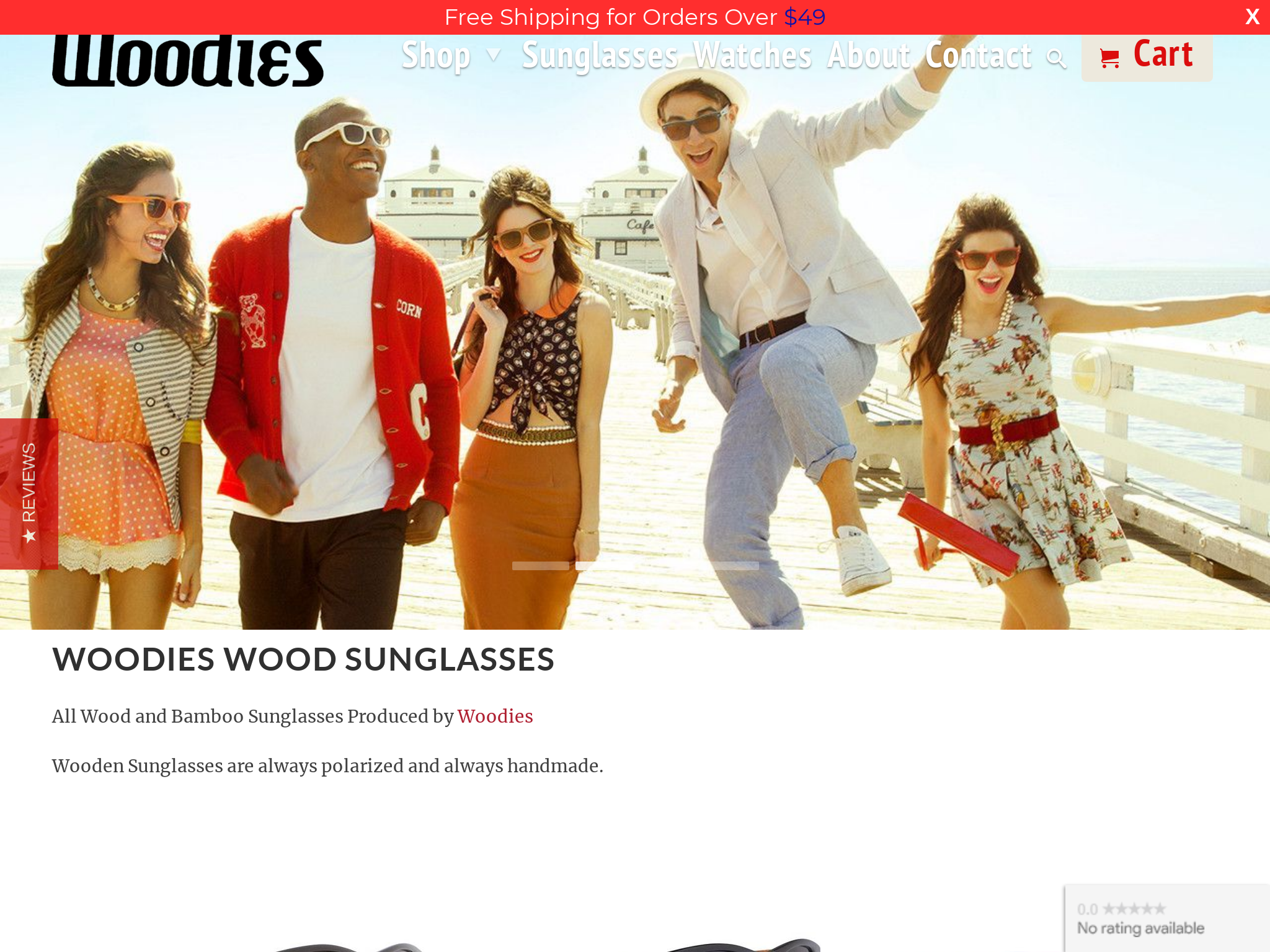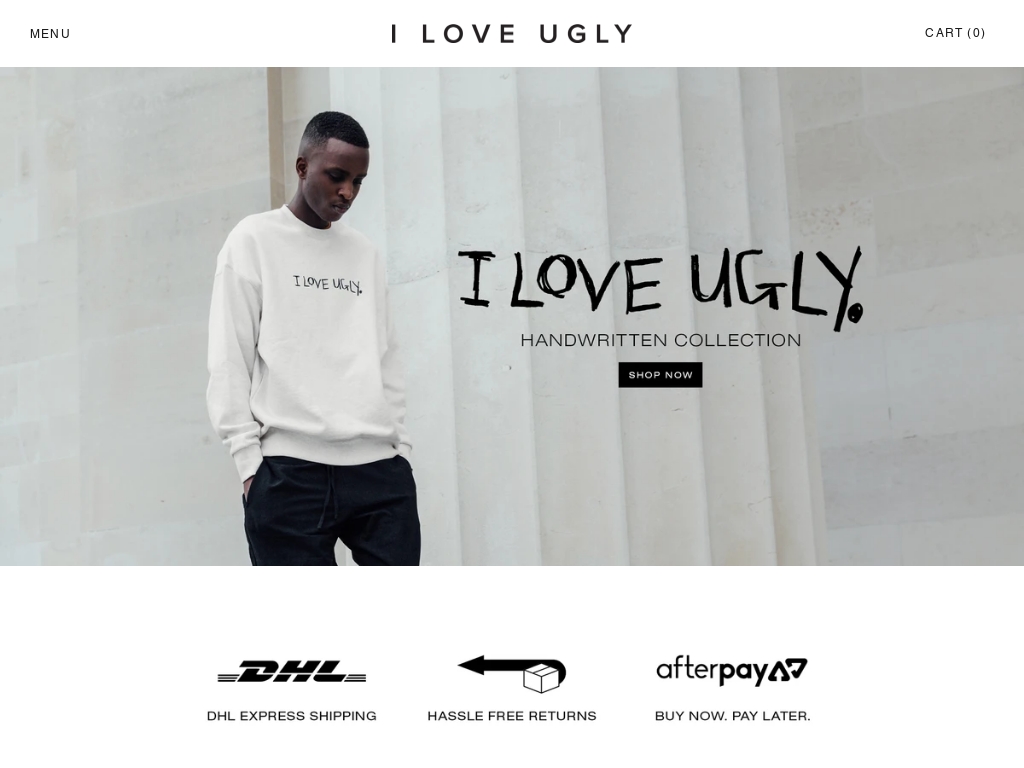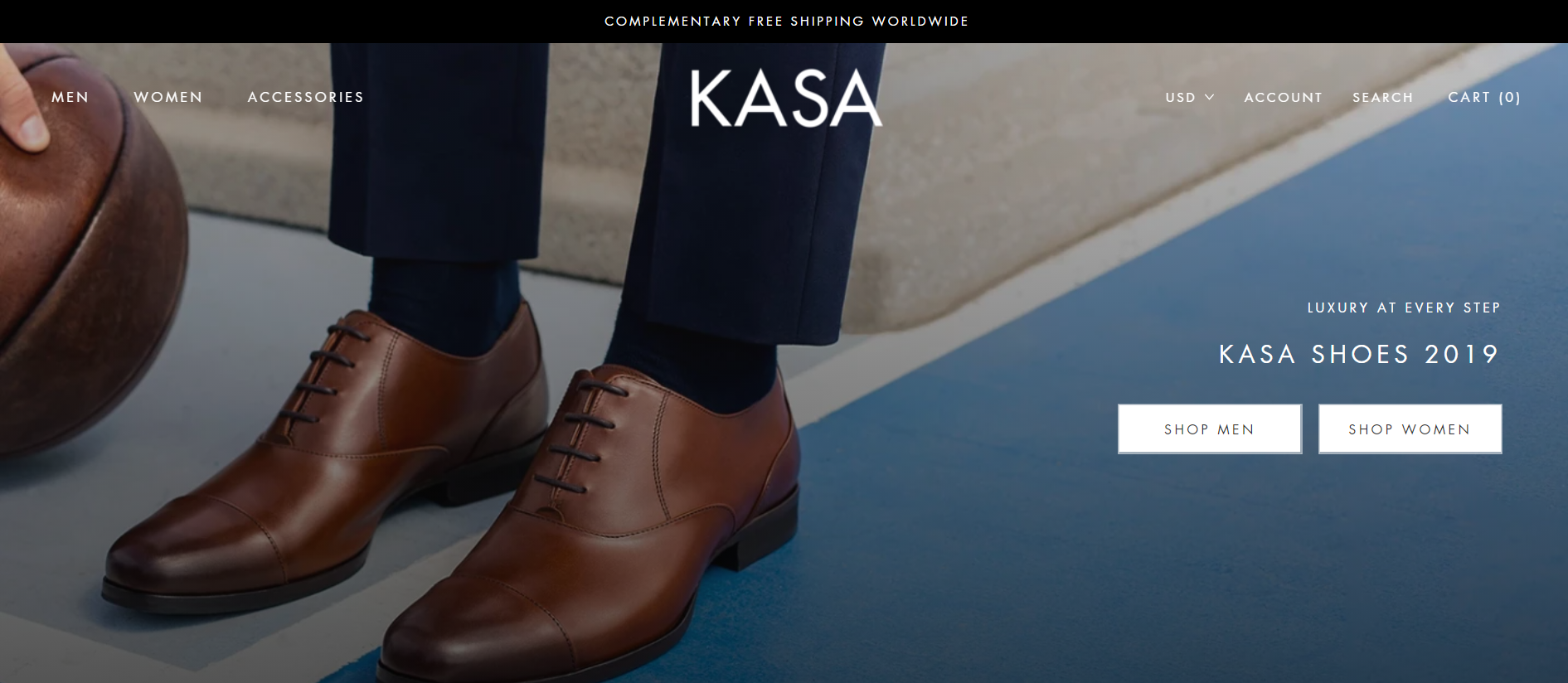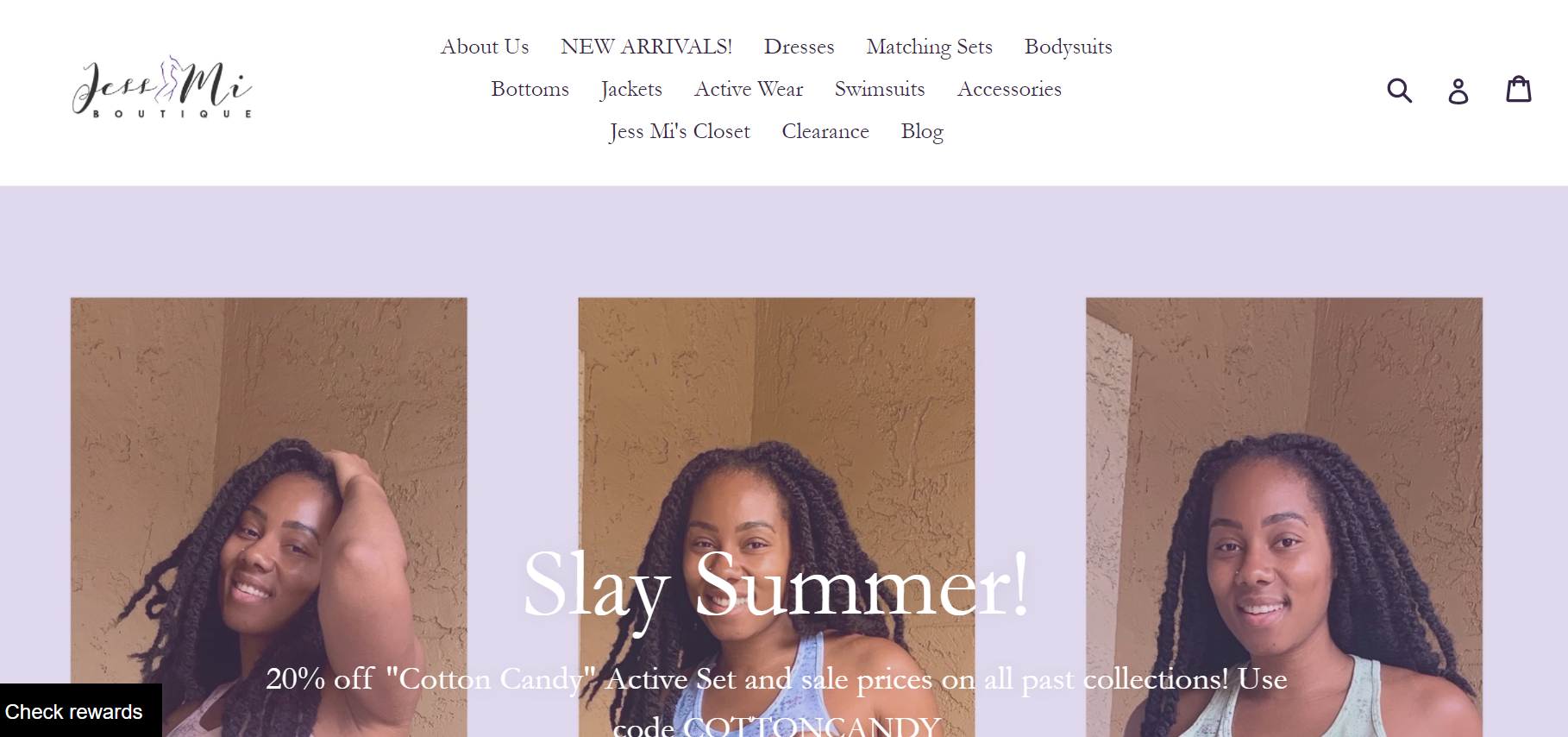
How Two Brothers Built a $50M Empire From a Tiny Village
Who is Samuel Onuha?
Samuel Onuha, originally from a small town in the north of the Netherlands, is a self-made millionaire who started his entrepreneurial journey at 18. Overcoming early challenges, he leveraged e-commerce and dropshipping to build a thriving global fashion brand, Icon Amsterdam, alongside his brother Ruben, drawing inspiration from their shared commitment to excellence and innovation.

Samuel & Ruben
What problem does Icon Amsterdam solve?
Icon Amsterdam tackles the challenge of finding well-fitting, stylish clothes for men who enjoy fashion but struggle with typical fit issues, offering a range of premium, comfortable, and versatile garments that address this common problem.
How did Samuel come up with the idea for Icon Amsterdam?
Samuel Onuha's journey to creating Icon Amsterdam was sparked by a blend of desperation and opportunity. Growing up in a small village with limited resources, Samuel yearned for change and financial freedom. This drive led him to explore various avenues for making money online, and eventually, he stumbled upon dropshipping through a YouTube video. Without hesitation, he launched his first Shopify store, applying the skills and creativity he had developed along the way.
Initially, things were tough, as he juggled school and side hustles to fund his e-commerce venture. However, Samuel's perseverance paid off when he identified a demand for fashion products, allowing him to pivot his store towards selling trendy items like stretch jeans. This move propelled his business into profitability. He learned to rely on customer feedback and his own instincts to refine his offerings and improve his store's performance. Despite early setbacks and challenges, such as issues with copyright, Samuel's commitment and adaptability enabled him to build a successful online clothing brand, while teaching him invaluable lessons about taking calculated risks and learning from failures.
How did Samuel Onuha build the initial version of Icon Amsterdam?
Samuel Onuha built Icon Amsterdam using a blend of dropshipping and direct-to-consumer e-commerce methods. Initially, he capitalized on the low-risk dropshipping model, using platforms like Shopify to display products without holding physical inventory. This allowed him to test the market without significant upfront costs, a crucial advantage for an aspiring entrepreneur.
The first prototype of the product was essentially a dropshipping store focusing on fashion items like trendy jeans and jackets sourced from AliExpress vendors. Onuha quickly learned that testing and product validation were crucial. He initially relied on shoutouts from meme pages on Instagram to generate sales and to identify winning products. It wasn't long before his first successful product—a FortMike headset—garnered attention, confirming the viability of his business model.
Onuha faced numerous challenges, including a legal hiccup over a copyright issue for a product he was selling, which required him to pivot quickly and find other reliable sources for products. Despite these obstacles, he scaled operations by reinvesting his profits into purchasing inventory, allowing for quicker shipping and better customer satisfaction, which further enhanced the brand's reputation. His dedication to solidifying his brand involved developing his fashion line and establishing it as a reputable brand in the Netherlands and abroad.
What were the initial startup costs for Icon Amsterdam?
- No information about costs or early funding rounds provided
What was the growth strategy for Icon Amsterdam and how did they scale?
Social Media and Influencer Marketing
Icon Amsterdam leveraged social media platforms like Instagram to tap into their fashion-focused audience. Engaging regularly with new content showcasing their clothing line helped build a strong community around their brand. They collaborated with influencers and celebrities, which significantly expanded their reach and credibility. By utilizing partnerships with well-known figures, Icon Amsterdam was able to position themselves as a trendy and desirable brand in the streetwear scene.
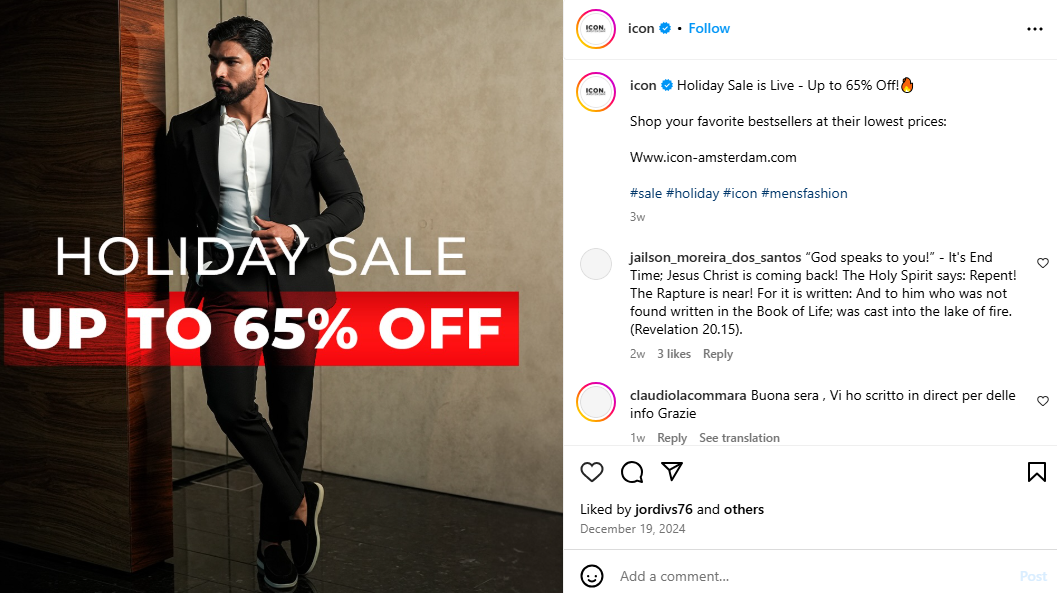
Icon Post's on IG
Why it worked: Social media has a massive reach and visual appeal, which is essential for fashion brands. Collaborations with influencers and celebrities provided social proof and positioned the brand as a fashion staple, hence attracting a more extensive customer base.
Paid Advertising
Paid advertising, particularly through platforms like Facebook, played a critical role in driving traffic to the Icon Amsterdam website. These ads were targeted towards fashion enthusiasts and potential customers based on their online behaviors and interests. This channel helped generate immediate responses and led to sales boosts during key promotional events and product launches.
Why it worked: Paid ads allow for precise targeting and measurability, making it easier to reach the right audience effectively. This was an essential tool for Icon Amsterdam to quickly scale, get visibility, and convert interested viewers into buyers.
Adapting to Cultural Trends
Being highly attuned to cultural trends allowed Icon Amsterdam to stay relevant and desirable. Their ability to interpret and quickly act on fashion trends kept their product offerings fresh and aligned with what customers were looking for. Launching timely collections relevant to the season or pop culture moments made them a go-to brand in the fashion scene.
Why it worked: By staying on the pulse of current trends, Icon Amsterdam ensured they met the fashion needs of their audience, which is crucial in the ever-evolving world of streetwear. Reacting quickly to trends maintains relevance and keeps the brand top-of-mind for consumers when making purchasing decisions.
Personal Branding and Storytelling
The founder's personal brand and storytelling played a crucial part in creating a connection with the brand’s audience. Samuel Onuha frequently shared his journey from a small-town background to building a successful global brand. These personal narratives on platforms like YouTube and podcasts helped humanize the brand and resonate with aspiring entrepreneurs and fashion enthusiasts alike.
Why it worked: Personal branding creates an emotional connection that can make a brand more relatable. By sharing his personal journey and challenges, Samuel built a narrative that inspired trust and loyalty among followers, making them more inclined to support the brand.
What's the pricing strategy for Icon Amsterdam?
Icon Amsterdam utilizes a direct-to-consumer model with premium streetwear offerings, featuring products priced between €80 and €140. They focus on a luxury streetwear aesthetic and offer occasional promotions to drive brand engagement.
What were the biggest lessons learned from building Icon Amsterdam?
- Resilience Pays Off: Samuel faced multiple store failures before achieving success. His persistence in trying different ideas and products led to a thriving business. Aspiring founders should embrace setbacks as learning opportunities.
- Adapt and Innovate: By constantly testing new products and ideas, Icon Amsterdam found what clicked with customers. For entrepreneurs, staying adaptable and open to changes is crucial for growth.
- Invest in Yourself Wisely: Samuel learned the value of investing in knowledge and mentorship, which accelerated his growth. Founders should consider seeking guidance to avoid common mistakes and scale effectively.
- Stay Humble and Grounded: Despite massive success, Samuel attributes his ethics and values to his upbringing. Maintaining humility and integrity can help entrepreneurs build long-lasting businesses.
- Vision and Execution: Having a clear vision and being willing to execute it with full commitment was key for Samuel. It's essential for entrepreneurs to outline their goals and work relentlessly towards achieving them.
Discover Similar Business Ideas Like Icon Amsterdam
|
|
Idea
|
Revenue
|
|---|---|---|
|
Bunch of Animals
|
Men's luxury underwear with artistic seamless designs.
|
$5K
monthly
|
|
East Meets Dress
|
Modern Chinese wedding dresses for Asian-American brides.
|
$50K
monthly
|
|
Felony Case
|
Fashion-forward iPhone cases with unique, eye-catching designs.
|
$120K
monthly
|
|
Woodies
|
Woodies: Affordable walnut wood sunglasses for stylish minimalists.
|
$190K
monthly
|
|
I Love Ugly
|
Men's premium streetwear brand from New Zealand.
|
$300K
monthly
|
|
KASA
|
"Luxury Italian leather footwear and accessories boutique."
|
$80K
monthly
|
|
Jess Mi Boutique
|
'Elegant dresses for every occasion.'
|
$500
monthly
|
More about Icon Amsterdam:
Who is the owner of Icon Amsterdam?
Samuel Onuha is the founder of Icon Amsterdam.
When did Samuel Onuha start Icon Amsterdam?
2018
What is Samuel Onuha's net worth?
Samuel Onuha's business makes an average of $2.5M/month.
How much money has Samuel Onuha made from Icon Amsterdam?
Samuel Onuha started the business in 2018, and currently makes an average of $30M/year.

Download the report and join our email newsletter packed with business ideas and money-making opportunities, backed by real-life case studies.

Download the report and join our email newsletter packed with business ideas and money-making opportunities, backed by real-life case studies.

Download the report and join our email newsletter packed with business ideas and money-making opportunities, backed by real-life case studies.

Download the report and join our email newsletter packed with business ideas and money-making opportunities, backed by real-life case studies.

Download the report and join our email newsletter packed with business ideas and money-making opportunities, backed by real-life case studies.

Download the report and join our email newsletter packed with business ideas and money-making opportunities, backed by real-life case studies.

Download the report and join our email newsletter packed with business ideas and money-making opportunities, backed by real-life case studies.

Download the report and join our email newsletter packed with business ideas and money-making opportunities, backed by real-life case studies.
